Sugar
How to submit an article:
- Registered users can submit any published journal article that has a unique DOI (Digital Object Identifier) name or link to Research Hub.
- For example, you can paste the full DOI link:
https://doi.org/10.1109/5.771073or just the DOI name:10.1109/5.771073into the field above and click submit. - The person who is first to submit a valid article to Research Hub will forever be credited for it, and every article submission earns you +6 Research Points.
Related Topics
Published research studies are articles that present the findings of original research that has undergone a peer-review process and has been made publicly available in scholarly journals, books or other media.

Anticancer and chemopreventive potential of Morinda citrifolia L. bioactive compounds: A comprehensive update
2024 Feb 15 Phytotherapy Research Kitic D, Miladinovic B, Randjelovic M, Szopa A, Seidel V, Prasher P, et al.
Systematic Review Anticancer NoniNoni fruit and its compounds demonstrate significant potential in cancer therapy by inducing apoptosis, arresting cell cycle, inhibiting angiogenesis, and modulating immune system.
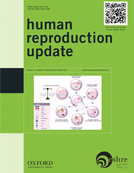
Assessing the influence of preconception diet on female fertility: a systematic scoping review of observational studies
2023 Jul 19 Human Reproduction Update Alesi S, Habibi N, Silva TR, Cheung N, Torkel S, Tay CT, et al.
Review Article Female Fertility Saturated Fats Trans Fats Mediterranean DietThe Mediterranean diet and reduced intake of trans fatty acids, saturated fatty acids, and discretionary foods like fast food and sugar-sweetened beverages may improve fertility rates.
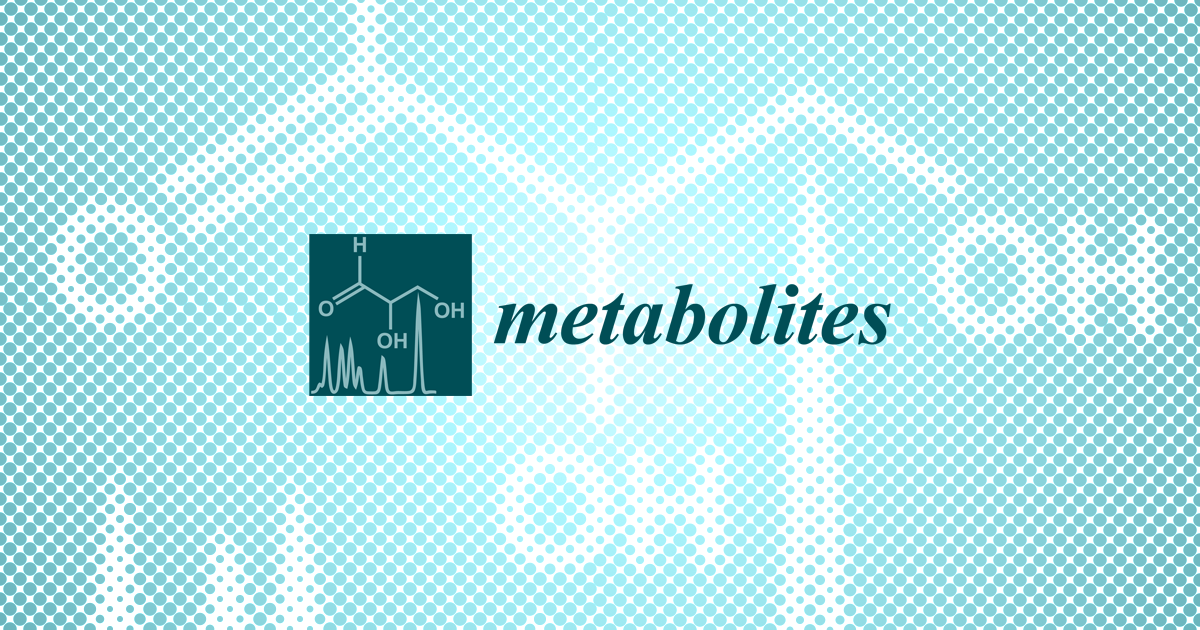
Sugar-Sweetened Coffee Intake and Blood Glucose Management in Korean Patients with Diabetes Mellitus
2022 Nov 25 Metabolites Yoo H, Park K
Cohort Study Sugar HbA1C Coffee Blood SugarFrequent consumption of sugar-sweetened coffee can adversely affect blood sugar control in patients with diabetes mellitus in Korea.
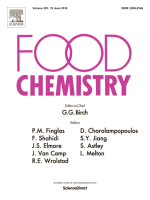
Phytochemistry, bioactivities and future prospects of mulberry leaves: A review
2022 Mar Food Chemistry Ma G, Chai X, Hou G, Zhao F, Meng Q
MLs and their extracts may be a promising treatment option for regulating glucose metabolism and lipid metabolism as well as anticancer effects. The dominant compounds responsible for the pharmacological effects of resisting oxidation, reducing blood sugar and lipids, resisting cancer and resisting inflammation in MLs include phenols, flavonoids, polysaccharides and alkaloids. Furthermore, ML suggests ability to inhibit multiple oxidase as well as anti-diabetic effects however more research is needed to yield stronger suggestions
Review Article Sang Ye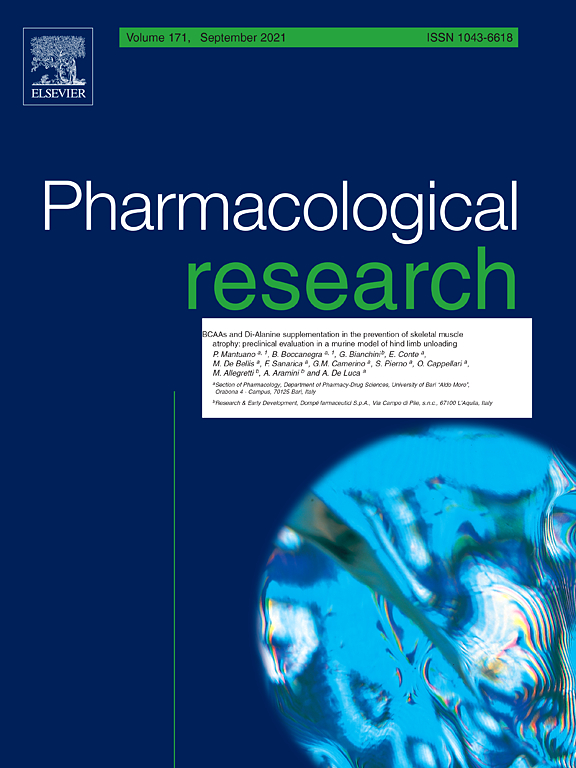
Mulberry leaf (Morus alba L.): A review of its potential influences in mechanisms of action on metabolic diseases
2022 Jan Pharmacological Research Zhang R, Zhang Q, Zhu S, Liu B, Liu F, Xu Y
ML are widely used for lipid metabolism and sugar metabolism therapy in a multi-component and multitargeted manner. Overall, ML can be used for treating diabetes by reducing IR, protecting islet cells and regulating glucose-metabolism. For dyslipidemia, there are three strategies including (1) inhibiting fat synthesis and accelerate fat decompose (2) regulating cholesterol synthesis and consumption (3) modulating effects on the antioxidant system. In conclusion, ML as an auxiliary drug can prevent and cure MD. Not only does it reduce high-risk factors for MD, but also minimize the incidence of related complications.
Review Article Sang YeResearch insights are moderated by the Research Hub team and offer an at-a-glance overview of interesting research findings.

2024 Phytotherapy Research
Noni fruit and its compounds demonstrate significant potential in cancer therapy by inducing apoptosis, arresting cell cycle, inhibiting angiogenesis, and modulating immune system.
Systematic Review Anticancer Noni
Anticancer and chemopreventive potential of Morinda citrifolia L. bioactive compounds: A comprehensive update
Kitic D, Miladinovic B, Randjelovic M, Szopa A, Seidel V, Prasher P, et al.

2023 Human Reproduction Update
The Mediterranean diet and reduced intake of trans fatty acids, saturated fatty acids, and discretionary foods like fast food and sugar-sweetened beverages may improve fertility rates.
Review Article Female Fertility Mediterranean Diet Saturated Fats Trans Fats
Assessing the influence of preconception diet on female fertility: a systematic scoping review of observational studies
Alesi S, Habibi N, Silva TR, Cheung N, Torkel S, Tay CT, et al.

2022 Metabolites
Frequent consumption of sugar-sweetened coffee can adversely affect blood sugar control in patients with diabetes mellitus in Korea.
Cohort Study Blood Sugar Coffee HbA1C
Sugar-Sweetened Coffee Intake and Blood Glucose Management in Korean Patients with Diabetes Mellitus
Yoo H, Park K

2021 Phytotherapy Research
Pomegranate extract supplement shows potential in improving glycemic indicators, serum lipids, anthropometrics, and blood pressure in patients with nonalcoholic fatty liver disease.
Randomised Controlled Trial Blood Sugar Cholesterol Diastolic Blood Pressure HDL-C Insulin Resistance
The effect of pomegranate extract on anthropometric indices, serum lipids, glycemic indicators, and blood pressure in patients with nonalcoholic fatty liver disease: A randomized double‐blind clinical trial
Goodarzi R, Jafarirad S, Mohammadtaghvaei N, Dastoorpoor M, Alavinejad P
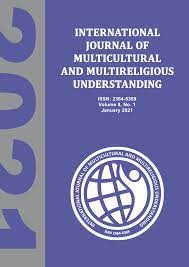
2021 International Journal of Multicultural and Multireligious Understanding
Combined exercise and coffee consumption significantly reduce fasting blood sugar and abdominal obesity in middle-aged, pre-diabetic men.
Randomised Controlled Trial Blood Sugar Obesity Prediabetic Type 2 Diabetes
The Effect of Combined Exercise with Coffee Consumption on Fasting Blood Sugar Levels and Abdominal Obesity in Overweight Middle-aged Prediabetic Men
Taheri AR, Talebi N
Review Articles
Review articles summarise and critically evaluate the current state of research on a specific topic or field by synthesising multiple primary research studies.

Anticancer and chemopreventive potential of Morinda citrifolia L. bioactive compounds: A comprehensive update
2024 Feb 15 Phytotherapy Research Kitic D, Miladinovic B, Randjelovic M, Szopa A, Seidel V, Prasher P, et al.
Systematic Review Anticancer NoniNoni fruit and its compounds demonstrate significant potential in cancer therapy by inducing apoptosis, arresting cell cycle, inhibiting angiogenesis, and modulating immune system.

Assessing the influence of preconception diet on female fertility: a systematic scoping review of observational studies
2023 Jul 19 Human Reproduction Update Alesi S, Habibi N, Silva TR, Cheung N, Torkel S, Tay CT, et al.
Review Article Female Fertility Saturated Fats Trans Fats Mediterranean DietThe Mediterranean diet and reduced intake of trans fatty acids, saturated fatty acids, and discretionary foods like fast food and sugar-sweetened beverages may improve fertility rates.

Phytochemistry, bioactivities and future prospects of mulberry leaves: A review
2022 Mar Food Chemistry Ma G, Chai X, Hou G, Zhao F, Meng Q
MLs and their extracts may be a promising treatment option for regulating glucose metabolism and lipid metabolism as well as anticancer effects. The dominant compounds responsible for the pharmacological effects of resisting oxidation, reducing blood sugar and lipids, resisting cancer and resisting inflammation in MLs include phenols, flavonoids, polysaccharides and alkaloids. Furthermore, ML suggests ability to inhibit multiple oxidase as well as anti-diabetic effects however more research is needed to yield stronger suggestions
Review Article Sang Ye
Mulberry leaf (Morus alba L.): A review of its potential influences in mechanisms of action on metabolic diseases
2022 Jan Pharmacological Research Zhang R, Zhang Q, Zhu S, Liu B, Liu F, Xu Y
ML are widely used for lipid metabolism and sugar metabolism therapy in a multi-component and multitargeted manner. Overall, ML can be used for treating diabetes by reducing IR, protecting islet cells and regulating glucose-metabolism. For dyslipidemia, there are three strategies including (1) inhibiting fat synthesis and accelerate fat decompose (2) regulating cholesterol synthesis and consumption (3) modulating effects on the antioxidant system. In conclusion, ML as an auxiliary drug can prevent and cure MD. Not only does it reduce high-risk factors for MD, but also minimize the incidence of related complications.
Review Article Sang Ye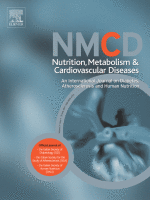
The effects of foods on LDL cholesterol levels: A systematic review of the accumulated evidence from systematic reviews and meta-analyses of randomized controlled trials
2021 May Nutrition, Metabolism and Cardiovascular Diseases Schoeneck M, Iggman D
Systematic Review Turmeric Walnut Avocado Tumeric Almond Green Tea Tomato FlaxseedConsumption of certain foods like rapeseed/canola oil, avocados, and turmeric can lead to moderate to large reductions in LDL cholesterol levels.
Clinical Trials
Clinical trials are research studies that involve people and are conducted to evaluate the safety and efficacy of new treatments or interventions, such as drugs, medical devices, or behavioural therapies.

The effect of pomegranate extract on anthropometric indices, serum lipids, glycemic indicators, and blood pressure in patients with nonalcoholic fatty liver disease: A randomized double‐blind clinical trial
2021 Sep 08 Phytotherapy Research Goodarzi R, Jafarirad S, Mohammadtaghvaei N, Dastoorpoor M, Alavinejad P
Randomised Controlled Trial Obesity Pomegranate HDL-C Blood Sugar Triglyceride Insulin Resistance Cholesterol Diastolic Blood PressurePomegranate extract supplement shows potential in improving glycemic indicators, serum lipids, anthropometrics, and blood pressure in patients with nonalcoholic fatty liver disease.

The Effect of Combined Exercise with Coffee Consumption on Fasting Blood Sugar Levels and Abdominal Obesity in Overweight Middle-aged Prediabetic Men
2021 Jul 28 International Journal of Multicultural and Multireligious Understanding Taheri AR, Talebi N
Randomised Controlled Trial Type 2 Diabetes Obesity Prediabetic Blood SugarCombined exercise and coffee consumption significantly reduce fasting blood sugar and abdominal obesity in middle-aged, pre-diabetic men.
Study Protocols
Published study protocols are detailed plans that outline the objectives, methodology, statistical analyses, and organisation of a research study that have been made publicly available for others to review and use as a reference.
Presentation Slides

Systematic Review
Noni fruit and its compounds demonstrate significant potential in cancer therapy by inducing apoptosis, arresting cell cycle, inhibiting angiogenesis, and modulating immune system.
Kitic D, Miladinovic B, Randjelovic M, Szopa A, Seidel V, Prasher P, Sharma M, Fatima R, Arslan Ateşşahin D, Calina D, Sharifi‐Rad J

Review Article
The Mediterranean diet and reduced intake of trans fatty acids, saturated fatty acids, and discretionary foods like fast food and sugar-sweetened beverages may improve fertility rates.
Alesi S, Habibi N, Silva TR, Cheung N, Torkel S, Tay CT, Quinteros A, Winter H, Teede H, Mousa A, Grieger JA, Moran LJ

Cohort Study
Frequent consumption of sugar-sweetened coffee can adversely affect blood sugar control in patients with diabetes mellitus in Korea.
Yoo H, Park K

Randomised Controlled Trial
Pomegranate extract supplement shows potential in improving glycemic indicators, serum lipids, anthropometrics, and blood pressure in patients with nonalcoholic fatty liver disease.
Goodarzi R, Jafarirad S, Mohammadtaghvaei N, Dastoorpoor M, Alavinejad P

Randomised Controlled Trial
Combined exercise and coffee consumption significantly reduce fasting blood sugar and abdominal obesity in middle-aged, pre-diabetic men.
Taheri AR, Talebi N

Systematic Review
Consumption of certain foods like rapeseed/canola oil, avocados, and turmeric can lead to moderate to large reductions in LDL cholesterol levels.
Schoeneck M, Iggman D

Cohort Study
Moderate coffee consumption may potentially reduce the risk of low HDL-C and high fasting blood glucose amongst Korean male adults.
Tan LJ, Jeon HJ, Park SH, Kim SA, Lim K, Chung S, Chang PS, Lee J, Kang D, Shin S
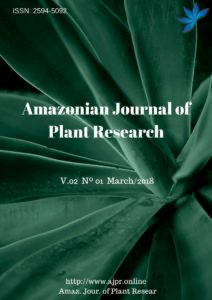
Systematic Review
The most important tremella mushroom benefits are anti-aging, anti-inflammatory, lower cholesterol, combat obesity, protect nerves and may fight cancer.
Mohamad Hesam Shahrajabian, Wenli Sun, Hong Shen and Qi Cheng
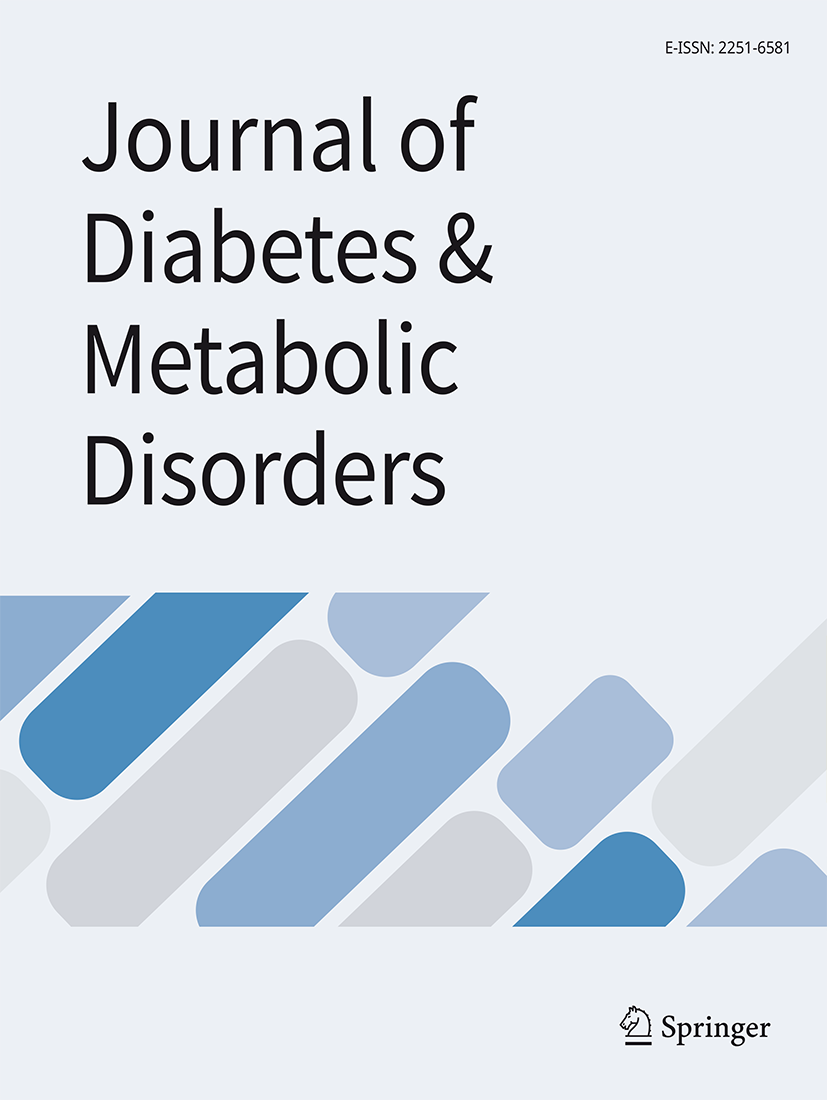
Systematic Review
Green coffee supplementation significantly decreases fasting blood sugar, insulin, and triglycerides while boosting high-density lipoprotein levels.
Morvaridi M, Rayyani E, Jaafari M, Khiabani A, Rahimlou M

Systematic Review
Cinnamon supplementation may help manage metabolic parameters in polycystic ovary syndrome patients by reducing fasting blood sugar, insulin, LDL-C, total cholesterol, and triacylglycerol levels.
Heydarpour F, Hemati N, Hadi A, Moradi S, Mohammadi E, Farzaei MH
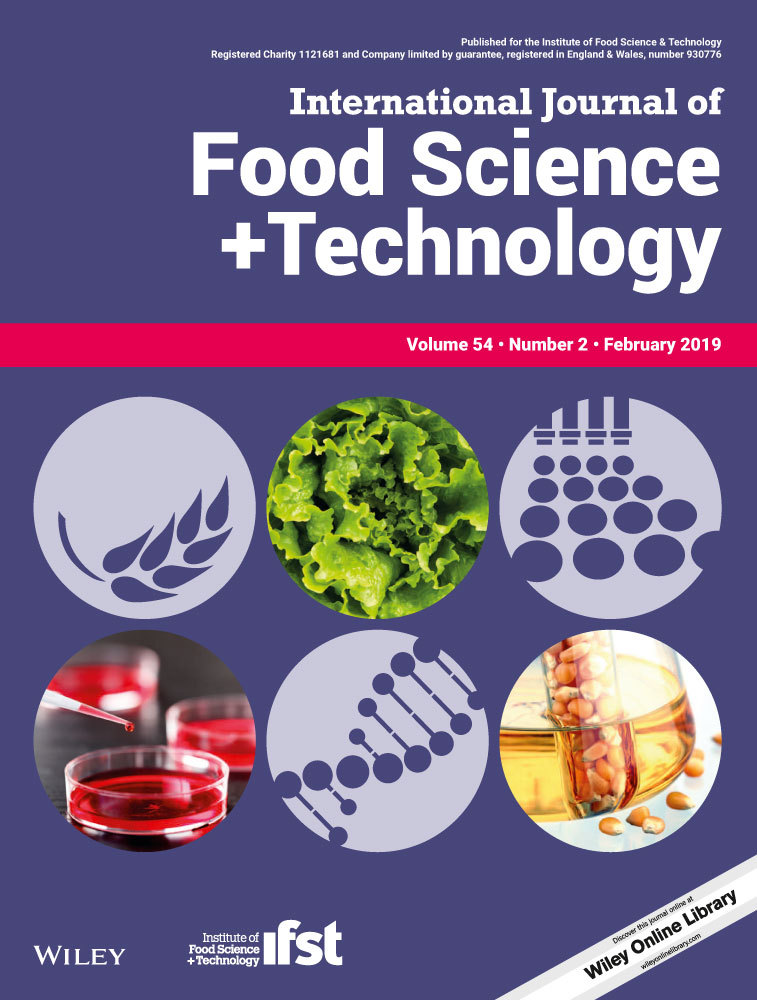
Animal Study
Pu-erh tea has a significant anti-hyperglycaemic effect, with its efficacy increasing over time and with higher dosages.
Lin, H.-C., Lee, C.-T., Yen, Y.-Y., Chu, C.-L., Hsieh, Y.-P., Yang, C.-S. and Lan, S.-J.
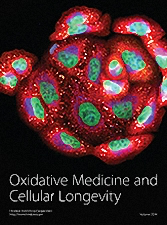
Review Article
Honey may be used as a potential antidiabetic agent that has the potential to reduce the complications of diabetes.
Bobiş O, Dezmirean DS, Moise AR
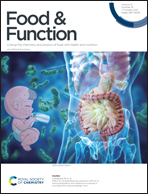
Review Article
Coffee consumption, up to three cups a day, can reduce the risk of Type-2 diabetes and metabolic syndrome in adults.
Baspinar B, Eskici G, Ozcelik AO
Executive Summary
Write an executive summary in the form of a blog article on the topic of "Research into Chinese medicine treatment for Sugar" summarising the research below and using language that can be easily understood by patients and avoiding medical jargon using a professional and caring tone of voice.
Write an executive summary in the form of a blog article on the topic of "Researched Chinese medicine treatments for Sugar" summarising the research below in an objective and easy to understand way, and using language that can be easily understood by patients. Group the article into Chinese medicine treatments first, followed by nutrition and other treatments. Avoid using medical jargon and use a professional and caring tone of voice.
Write me a concise but easy to understand executive summary on the topic of "Chinese medicine treatments for Sugar" based on the following research that I will give you. Your summary should be 2 paragraphs long in Australian English spelling and include references to the studies.
A Systematic Review published in 2024 in the journal Phytotherapy Research found that Noni fruit and its compounds demonstrate significant potential in cancer therapy by inducing apoptosis, arresting cell cycle, inhibiting angiogenesis, and modulating immune system. In this study, a systematic review was put forth to scrutinize the therapeutic effectiveness of Morinda citrifolia L., commonly known as Noni, specifically looking into its effects on various forms of cancer. The review employed an extensive search of various scientific databases to gather relevant literature. This included both in vitro and in vivo studies, as well as clinical trials, specifically focusing on the outcomes of Noni fruit and its phytoconstituents - anthraquinones, flavonoids, sugar derivatives, and neolignans - on cancer. A carefully structured keyword and criteria search ensured a robust collection and analysis of data. The plethora of studies compiled point out to Noni's complex role in cancer therapy, underlining its various bioactive elements and their methods of activity. Significant anticancer and chemopreventive potential of Noni was observed, establishing it as potentially a safe and effective option in cancer prevention and treatment.
A Review Article published in 2023 in the journal Human Reproduction Update found that The Mediterranean diet and reduced intake of trans fatty acids, saturated fatty acids, and discretionary foods like fast food and sugar-sweetened beverages may improve fertility rates. This title represents a systematic scoping review of four electronic databases, namely Medline and EMBASE via Ovid Processing, CAB Direct, and CINAHL via EBSCO. The researchers included observational works, consisting of prospective and retrospective cohort, cross-sectional, and case-control studies, up to September 27, 2021. The criteria for study inclusion were women of reproductive age in the preconception stage who were examined for the connection between preconception diet and fertility outcomes. From the total of 36 studies that were found eligible for review, the one diet that stood out with the most significant and consistent association with increased clinical pregnancy rates was the Mediterranean diet. Dietary factors such as reducing trans fatty acids, saturated fatty acids, and discretionary food intake, which includes fast food and sugar-rich drinks, were found to lead to an improvement in live birth, clinical pregnancy rates, and associated ART outcomes. However, this study also found that elements like seafood, dairy, and soy showed varying findings across a few studies. Despite the mixed results, it was noted that following some of these dietary regulations, notably Mediterranean diet, shows consistency with healthy eating guidelines, implying potential benefits in fertility.
A Cohort Study published in 2022 in the journal Metabolites found that Frequent consumption of sugar-sweetened coffee can adversely affect blood sugar control in patients with diabetes mellitus in Korea. This study focused on adult coffee consumption patterns in Korea using data collected from the Korea National Health and Nutrition Examination Survey between 2008 to 2020. The consuming habits of 5671 diabetic patients were analyzed considering how often they consumed a mixture of coffee with sugar and creamer, referred commonly as 3-in-1 coffee. The methods used involved assessing these patterns through a 24-hour recall. Blood sugar control was evaluated using fasting blood glucose levels and hemoglobin A1c levels, in line with the targets set by the Korean Diabetes Association. The results revealed that nearly half of the diabetic patients in this study consumed sugar-sweetened coffee. These patients demonstrated significantly higher fasting blood glucose and hemoglobin A1c levels compared to those who did not partake in such consumption. The findings also indicated an increased likelihood of patients failing to achieve their blood sugar control targets, corresponding to the frequency of their consumption of sugar-sweetened coffee.
A Randomised Controlled Trial published in 2021 in the journal Phytotherapy Research found that Pomegranate extract supplement shows potential in improving glycemic indicators, serum lipids, anthropometrics, and blood pressure in patients with nonalcoholic fatty liver disease. The study involved 44 patients who had been diagnosed with nonalcoholic fatty liver disease. These individuals were randomly assigned to two groups, with one group receiving two pomegranate extract tablets daily over a period of 12 weeks, and the other a placebo. The researchers measured anthropometric values, serum lipid levels, blood pressure, and glycemic indicators before and after the intervention. In their analysis of the outcomes, the researchers found that the group which received the pomegranate extract showed reductions in total cholesterol, triglyceride levels, the ratio of low-density lipoprotein cholesterol to high-density lipoprotein cholesterol, fasting blood sugar, resistance to insulin, diastolic blood pressure, weight, body mass index, and waist circumference when compared to the placebo group. Additionally, an increase in serum high-density lipoprotein cholesterol was observed within the pomegranate group, indicating the potential utility of this supplement in a treatment regimen for this condition.
A Randomised Controlled Trial published in 2021 in the journal International Journal of Multicultural and Multireligious Understanding found that Combined exercise and coffee consumption significantly reduce fasting blood sugar and abdominal obesity in middle-aged, pre-diabetic men. In the study, 44 overweight, middle-aged pre-diabetic men were purposefully selected and divided into four groups: The Exercise Combination group, the Coffee Consumption group, the Combined Exercise + Coffee Consumption group, and the Control group. Prior to and following the experiment, measurements such as weight, body mass index, and percentage of fasting fat were recorded. The exercise groups were subjected to a training protocol for 8 weeks, which involved three, 90 minute sessions every week. Concurrently, the Coffee and the Exercise + Coffee group consumed 10 grams of coffee every alternate day. The data were processed using a covariance test. The results clearly indicated a substantial decrease in the body mass index, fat percentage, and serum concentration of fasting blood glucose in the exercise groups in comparison to the Control group. The study demonstrated that, for pre-diabetic men, a combination of exercise with coffee may effectively manage fasting blood sugar and abdominal obesity.
A Systematic Review published in 2021 in the journal Nutrition, Metabolism and Cardiovascular Diseases found that Consumption of certain foods like rapeseed/canola oil, avocados, and turmeric can lead to moderate to large reductions in LDL cholesterol levels. The research was carried out by conducting a systematic evaluation of existing guidelines, systematic reviews, and Randomised Control Trials (RCTs); we have only referred to the latter for studies on coffee intake. This was done on databases such as PubMed, Cochrane Database of Systematic Reviews, and Cochrane Central Register of Controlled Trials, alongside a search on the Trip database for guidelines. The time frame for the study was from its inception up until June 2019 and October 2019 respectively. Studies were included if they were at least 13 days in duration and were in English. Using the Grading of Recommendations Assessment, Development, and Evaluation (GRADE) method, 37 guidelines, 108 systematic reviews, and 20 RCTs were evaluated to analyze the strength of evidence in the context of food impacts on LDL cholesterol levels. The results of the research reveal that foods high in unsaturated and low in saturated and trans fatty acids such as rapeseed or canola oil, those with added plant sterols/stanols, and those high in soluble fibre like oats, barley and psyllium cause moderate reductions in LDL cholesterol. A moderate to a large increase was observed with unfiltered coffee though. Soy protein, tomatoes, flaxseeds, and almonds cause small reductions. Meanwhile, foods like avocados and turmeric cause moderate to large reductions with a moderate level of evidence supporting this observation. Other foods like pulses, hazelnuts, walnuts, high-fiber/wholegrain foods, green tea result in small to moderate reductions, and sugar causes a small increase. Several foods identified were either neutral or had low or very low evidence regarding their effects on LDL cholesterol levels.
A Cohort Study published in 2021 in the journal Nutrients found that Moderate coffee consumption may potentially reduce the risk of low HDL-C and high fasting blood glucose amongst Korean male adults. The study was designed to evaluate the link between coffee intake and the onset of metabolic syndrome, utilizing participant data sourced from the Health Examinees study. Metabolic Syndrome was identified based on the criteria set by the Adult Treatment Panel III of the National Cholesterol Education Program. The researchers deployed a multivariate Cox proportional hazards regression model to examine the relationship between different levels of coffee consumption and the incidence of metabolic syndrome. In the analysis of the results, moderate coffee consumption, approximately 1-3 cups per day, in male participants was found to have an inverse correlation with low high-density lipoprotein cholesterol (HDL-C) and high fasting blood glucose. More so, this inverse correlation was further observed with the consumption of 3-in-1 coffee, which includes sugar and creamer. This suggests that male habitual coffee drinkers may be less likely to experience low HDL-C and high fasting blood glucose, key markers of metabolic syndrome.
A Systematic Review published in 2020 in the journal Amazonian Journal of Plant Research found that The most important tremella mushroom benefits are anti-aging, anti-inflammatory, lower cholesterol, combat obesity, protect nerves and may fight cancer. The most powerful nutritional constituents of Tremella are amino acids, vitamins, minerals, polysaccharides, Glucurmomannan 1,3-alpha-glucan, Epitope 9beta-D- glucuronosyl), Glucuronic acid, Glucurmic acid, Glucuronoxylomannan, N-acetylglucosamine, Flavonoids, Polyphenols, Alkaloids and Organic acids. Functional foods are making inroads into Chinese diets with their promises to improve health and nutrition. Chinese consumers should choose nutritional and healthy food to maintain general health and reduce the risk of health problems. Nutrition therapy on the basis of traditional Chinese medicine such tremella is quite effective at treating common diseases.
A Systematic Review published in 2020 in the journal Journal of Diabetes & Metabolic Disorders found that Green coffee supplementation significantly decreases fasting blood sugar, insulin, and triglycerides while boosting high-density lipoprotein levels. In methodology, a comprehensive literature review was carried out across PubMed, Embase, Scopus, and the Web of Science databases until October 2019. The objective was to scrutinize all randomized controlled trials of the impact of green coffee supplementation on various cardio metabolic risk factors in adults. These risk factors included fasting blood sugar, insulin, triglycerides, high and low-density lipoproteins and C-reactive protein. Data was then extracted from the relevant studies for analysis. From the selected 27 studies for final analysis, the pooled results depicted that green coffee supplementation had a significant effect in reducing fasting blood sugar, insulin, and triglyceride levels. In addition, it was found to increase the levels of high-density lipoprotein. Conversely, it was determined that the supplementation did not lead to any notable changes in the Homeostatic Model Assessment for Insulin Resistance, low-density lipoprotein and C-reactive protein levels.
A Systematic Review published in 2020 in the journal Journal of Ethnopharmacology found that Cinnamon supplementation may help manage metabolic parameters in polycystic ovary syndrome patients by reducing fasting blood sugar, insulin, LDL-C, total cholesterol, and triacylglycerol levels. In order to evaluate the effect of cinnamon supplementation on metabolic parameters of PCOS patients, relevant clinical trials were systematically reviewed and analysed. Data was collated from multiple credible databases including PubMed, Embase, the Cochrane library, Scopus and Web of Science, up until August 2019. Studies were selected that provided information specifically about the impact of cinnamon supplementation on metabolic parameters amongst PCOS patients. Standard methods were used to assess heterogeneity, publication bias and sensitivity analysis with five clinical trials pooled together using a weighted mean-difference calculation. The findings of the meta-analysis showed that cinnamon supplementation does not significantly affect body weight and body mass index in PCOS patients. However, it was found that cinnamon supplementation led to a significant decrease in fasting blood sugar, fasting insulin, and HOMA-IR, along with reducing the serum levels of LDL-C, total cholesterol, and triacylglycerol. Additionally, there was an observed improvement in serum concentration of HDL-C with cinnamon supplementation. Ultimately illustrating that cinnamon supplementation may play a significant role in managing metabolic parameters in polycystic ovary syndrome patients.
A Animal Study published in 2019 in the journal International Journal of Food Science & Technology found that Pu-erh tea has a significant anti-hyperglycaemic effect, with its efficacy increasing over time and with higher dosages. The research team systematically searched five English databases and three Chinese ones up to July 31, 2018 for studies related to the term 'Pu-erh' and the concepts of 'blood sugar', 'blood glucose', and 'hyperglycaemia'. The team used the software RevMan 5 and Stata to carry out a meta-analysis, which ultimately included two studies on mice, with sixteen records total. The results from the meta-analysis reveal that Pu-erh tea has a strong anti-hyperglycaemic effect on mice. More noteworthy were the observations that, over longer periods of intervention, the tea can reduce fasting blood glucose levels. Additionally, a higher dose of Pu-erh tea was found to lower fasting blood glucose significantly more, suggesting dosage is crucial for achieving the best outcome.
A Review Article published in 2018 in the journal Oxidative Medicine and Cellular Longevity found that Honey may be used as a potential antidiabetic agent that has the potential to reduce the complications of diabetes. Considerable evidence from experimental studies shows that the honey may provide benefits in the management of diabetes mellitus. The benefits could be a better control of the hyperglycemic state, limiting other metabolic disorders and diminishing the deleterious effects on different organs that may produce diabetic complications. Anyway, there are some data and literature with contrary discussions regarding the use of honey in diabetic diseases. Long-term studies using honey as an alternative or a complementary therapy in human subjects suffering from type 2 diabetes mellitus are needed, with a larger number of patients, randomized clinical trials set up with different levels of diabetes, treated with different doses of honey, following both short-term and long-term treatment.
A Review Article published in 2017 in the journal Food & Function found that Coffee consumption, up to three cups a day, can reduce the risk of Type-2 diabetes and metabolic syndrome in adults. The methodology behind this research review involves an exploration of the relationship between coffee consumption and the incidence of metabolic syndrome. Specifically, the researchers investigated the effects of several compounds contained in coffee, including caffeine, chlorogenic acid, diterpenes, and trigonelline. They also took into consideration the variety of coffee and the types of ingredients, such as milk and sugar, that are often added to it. In discussing the results, it is affirmed that coffee consumption has an impact on the prevalence of chronic diseases, including metabolic syndrome and Type-2 diabetes. However, there are no consistent findings across all studies, reflecting differing results based on the variety of coffee consumed and the additives included. Despite these variances, the general finding supports the statement that consuming up to three cups of coffee per day can be beneficial in reducing risks associated with metabolic syndrome and Type-2 diabetes.
Moderation Tools
Topic
Sign In
Users not signed in are limited to viewing the 5 most recent items of content.